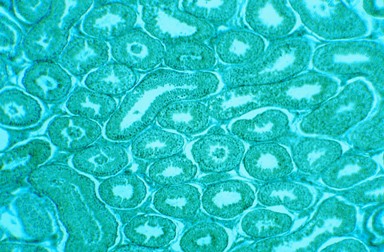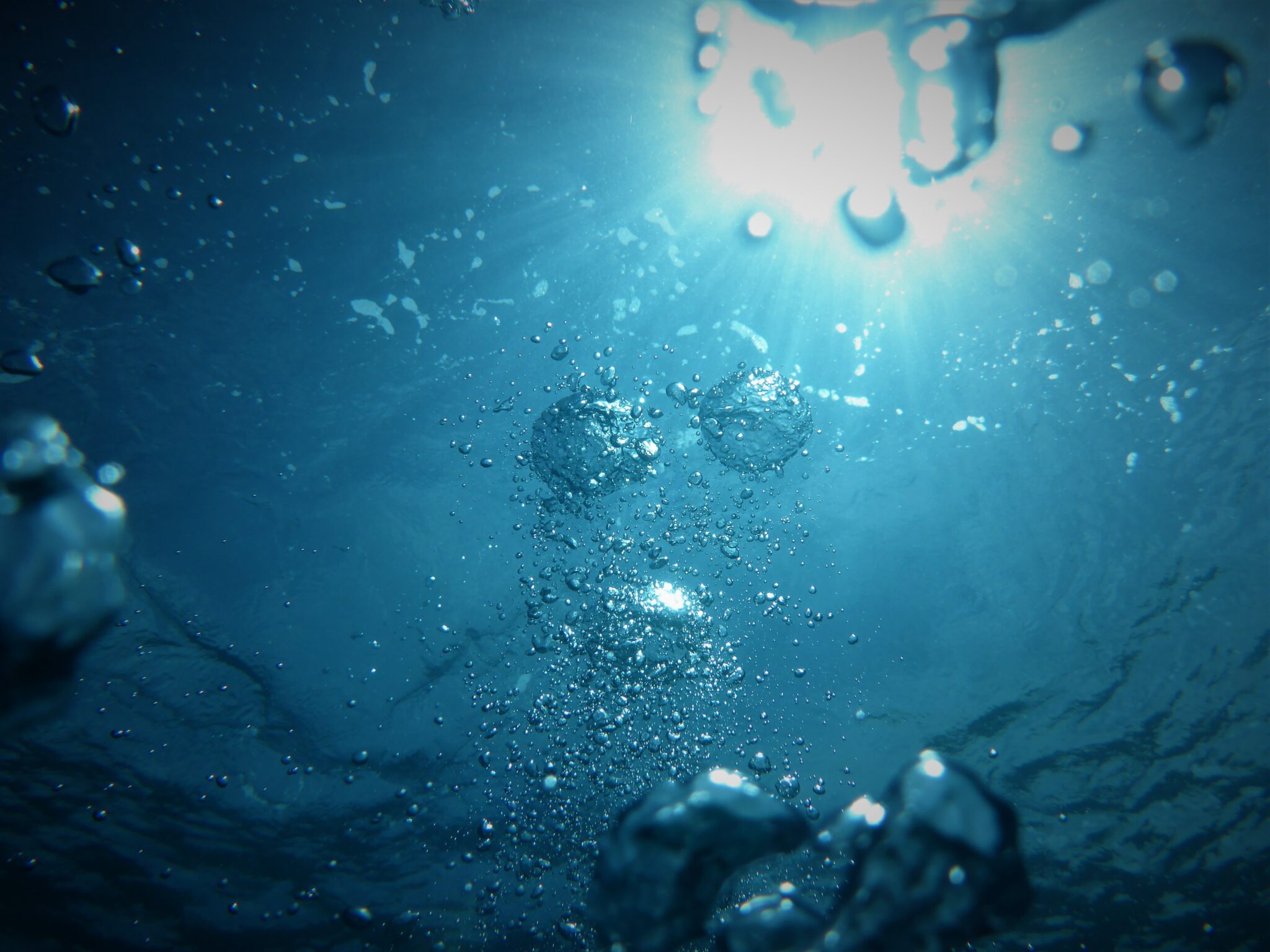Did you know that you can survive without food for weeks, but it takes only three days of no water for a person to meet death?
The human body consists of cells which are the building unit of life. Each cell comprises about 80 to 90 percent water. Water is what supports life, in other words. All the characteristics of life require water in one way or another. That is why only Earth has life on it; because it contains water in all three physical states.
What is Human Biology?
Biology is the study of life, so Human biology focuses explicitly on human beings, the most advanced form of life on Earth. To understand how water is such a rudimentary part of this field, we must first understand what Human Biology exactly studies.
Subfields of Human Biology and the Integration of Water
Human biology can be described as an interdisciplinary field of study because it includes many biological and molecular fields mixed with the social sciences.
Genetics
Genetics is the study of inheritance, the DNA molecule which is found in the nucleus. Water molecules surround DNA in the form of a hydration shell and hold it together. The nucleic acids form their double-helix structure in water basically because they get their polarity in water. Without water, this molecule’s function would be disrupted as it would not obtain its B-form, which is considered its standard form.
Human Physiology
It is the study of how the human body functions. This is inclusive of the physical, biochemical, and bioelectrical working of the body. The maintenance of homeostasis is based on the fact that all cells are bathed in tissue fluid, which basically involves water as a solvent. All human metabolic reactions require water as a medium; body structures and cells are composed of water. So we need water structurally as well as functionally
Anatomy
Anatomy is defined as the study of the structure and parts of an organism. Water plays a vital role in the chemical reactions inside all parts of the body. As discussed above, the new cell generation relies on water to maintain the well-being of both structure and functioning.
Epidemiology
It is the study and analysis of distribution patterns and determinants of health and disease conditions in defined populations. Water is an essential determinant of health because unsafe drinking water is the root cause of most illnesses and deteriorating health.

Anthropology
This subfield of Human Biology deals with the scientific study of humanity, human behavior, human biology, cultures, and societies. Water plays a meaningful role in solving many issues that it highlights, like environmental degradation, climate change, local politics, changing consumption patterns, and research agendas.
Ecology
Human ecology studies the relationship of humans with their natural, social, and built environments. Since water is part of the natural ecosystem as well as the irrigation and sanitation systems that humans have made, it is necessary to study it when focusing on the interaction of humans and their environment.
Human nutrition
What is nutrition? The elaboration is not much needed as everyone is urged by health experts to increase the amount of water drunk in a day. Maximum 8 to 12 glasses of water a day are one of the tips that ensure a nourished, healthy, and properly functioning body.
Histology
This is the study of cells and tissues by making slides and examining them under a microscope. Histology can be called microanatomy because it studies the human structure at a minute level that is not visible to the naked eye.
Preparation of slides relies on water. Cells need to be able to maintain their shape, and a dye is added to them to give them color. The solvent for the dye is also water.
Cell Biology, Molecular Biology and Biochemistry
Cell biology is the study of cell structure and function of living organisms; it highlights that the cell is the structural unit of life. Life exists because the cell is about 80 percent water. Water is the solvent and medium for all metabolic reactions and the main constituent of many cell organelles.

In a cell, molecular Biology peaks into the role of water at the molecular level. Water assists the diffusion of biomolecules and can be considered the active matrix of life in the cells. Biochemistry studies the importance and chemical properties of water that are supportive for biological systems and reactions.
Developmental biology and Embryology
How living things grow and develop, regenerate and reproduce all involve the participation of water. For example, the fluid in the semen comprises water. The sperm is designed structurally to swim in the male and female body fluids. If no water existed, the continuation of a species would become impossible. Embryology analyzes the prenatal development of gametes, fertilization, and embryonic development. The embryo in the uterus is surrounded by a watery fluid for buoyancy and protection.
Immunology
The body’s defense system involves the active engagement of water, especially the humoral response involving B cells. Water also helps in flushing toxins from the body, a process relates to innate immunity. Sweating and tears, the passing of urine are natural defenses of the body. Since water has cohesive properties, it is an excellent antibacterial agent.
Water also regulates body temperature, is the medium in the blood for carrying oxygen and nutrients to cells, and moistens body parts like eyes, nose and mouth. All these entrances of the body are like barriers or checkpoints for the entry of bacteria, and water plays a role in moisturizing or lubricating them.
Biophysics
How can we forget the field of physics when discussing such an important molecule like water? The physical analysis of the properties of water helps us understand how this molecule is the special one that sustains life. Water biophysics involves studying how HOW water molecules interact with biological ones like DNA, carbohydrates, proteins, etc.
Role of Water in supporting life
There are several reasons that this molecule is the ‘chosen one’ for the sustenance of life. It is a polar molecule and, thus, a universal solvent. All biochemical reactions can quickly occur in water. Metabolism in an organism is totally dependent on water as a solvent.
Secondly, water supports cellular structure as it helps maintain the turgor pressure and shape of the cell. This is important for the resistance to external pressures and the formation of the cell membrane structure. Thirdly, its polarity and solubility, and unique physical properties make it vital for life functions.
Also, Read: The Martian Water: Forms of Water Found on the Red Planet

Aniqa Mazhar is a graduate of QAU in Biochemistry. She has taught sciences to O levels and is currently planning for her MS in Food Technology. Aniqa’s hobbies are reading, watching movies, writing, calligraphy, long walks, and nature photography.

